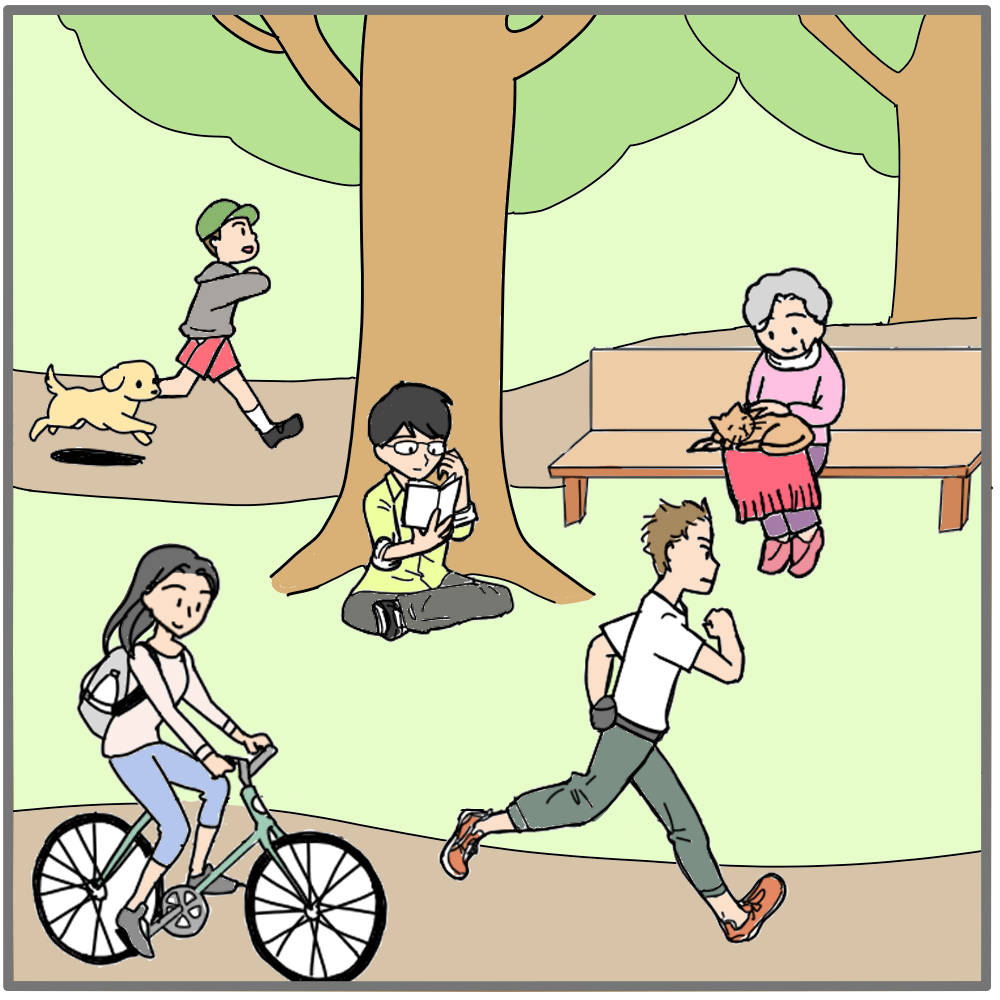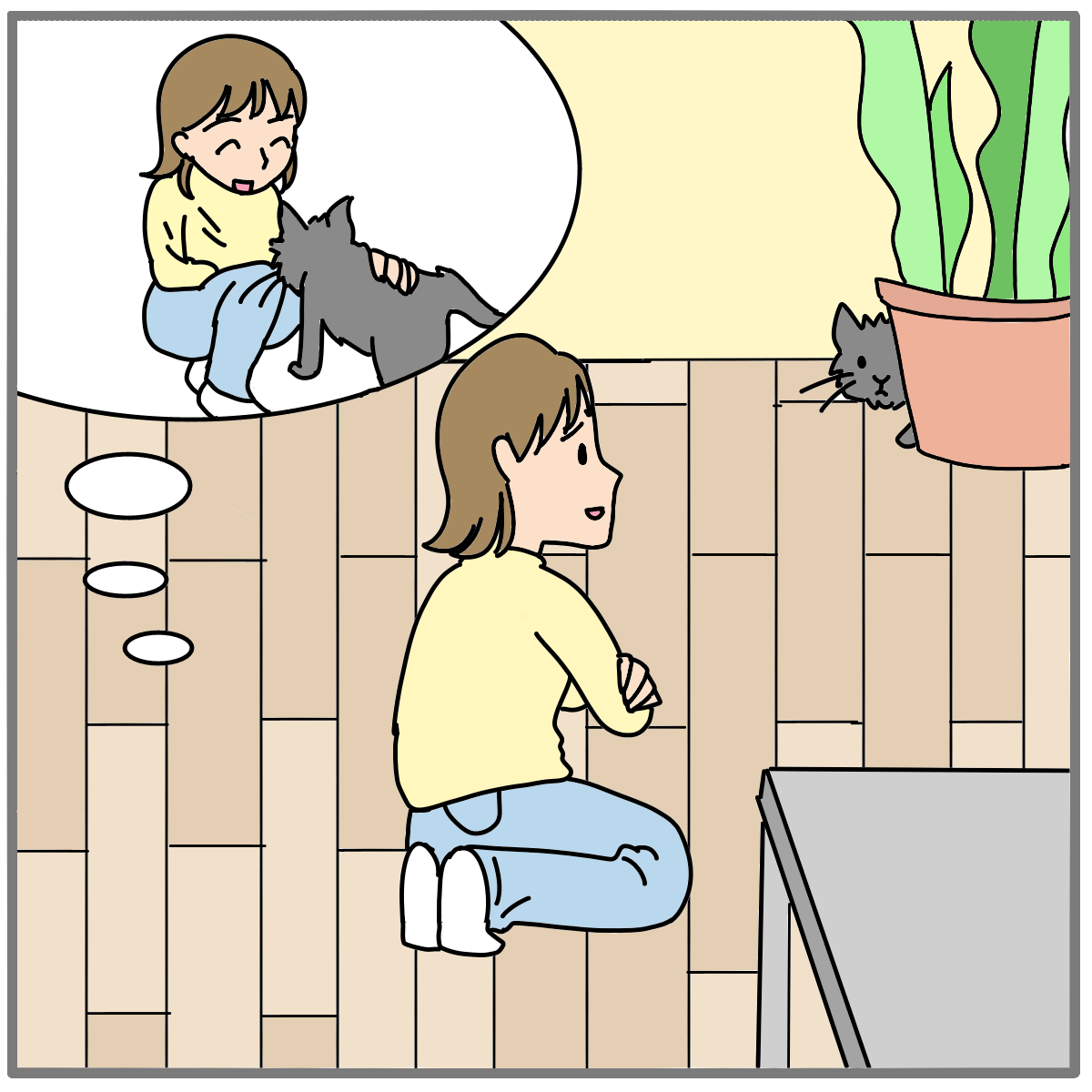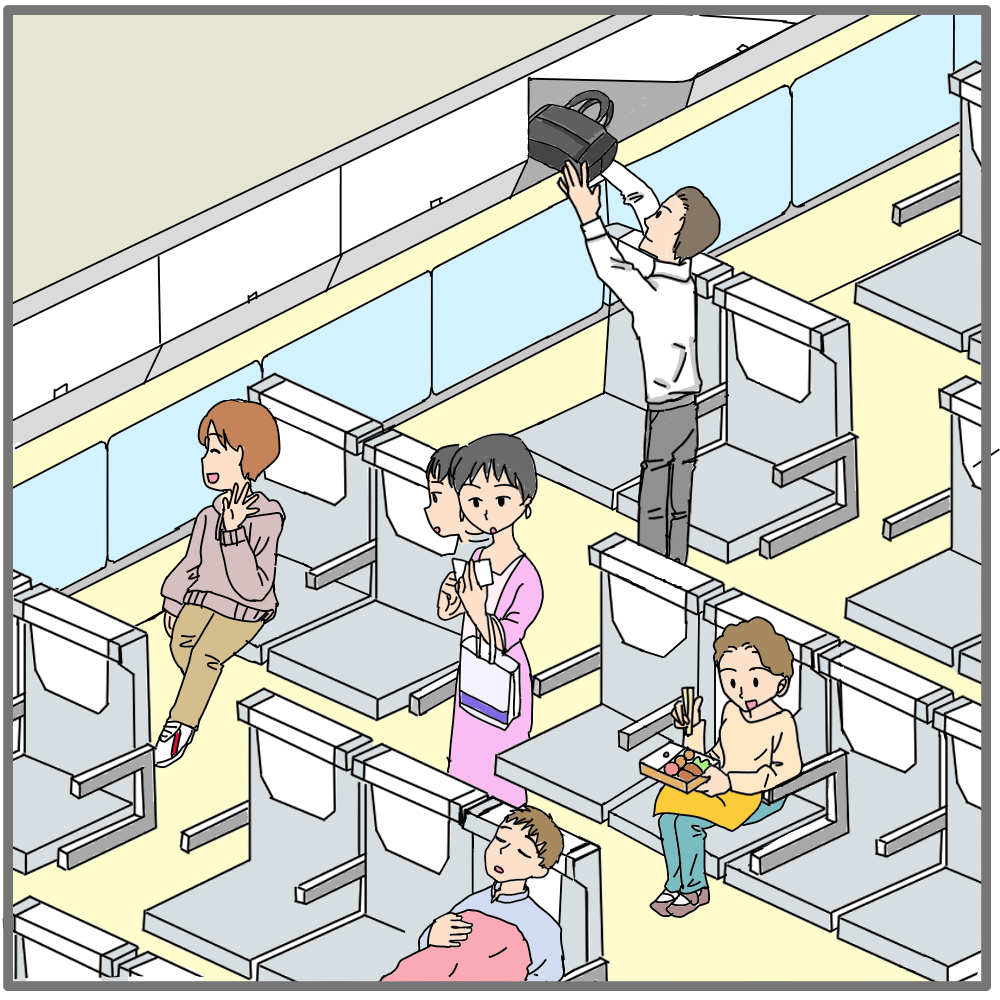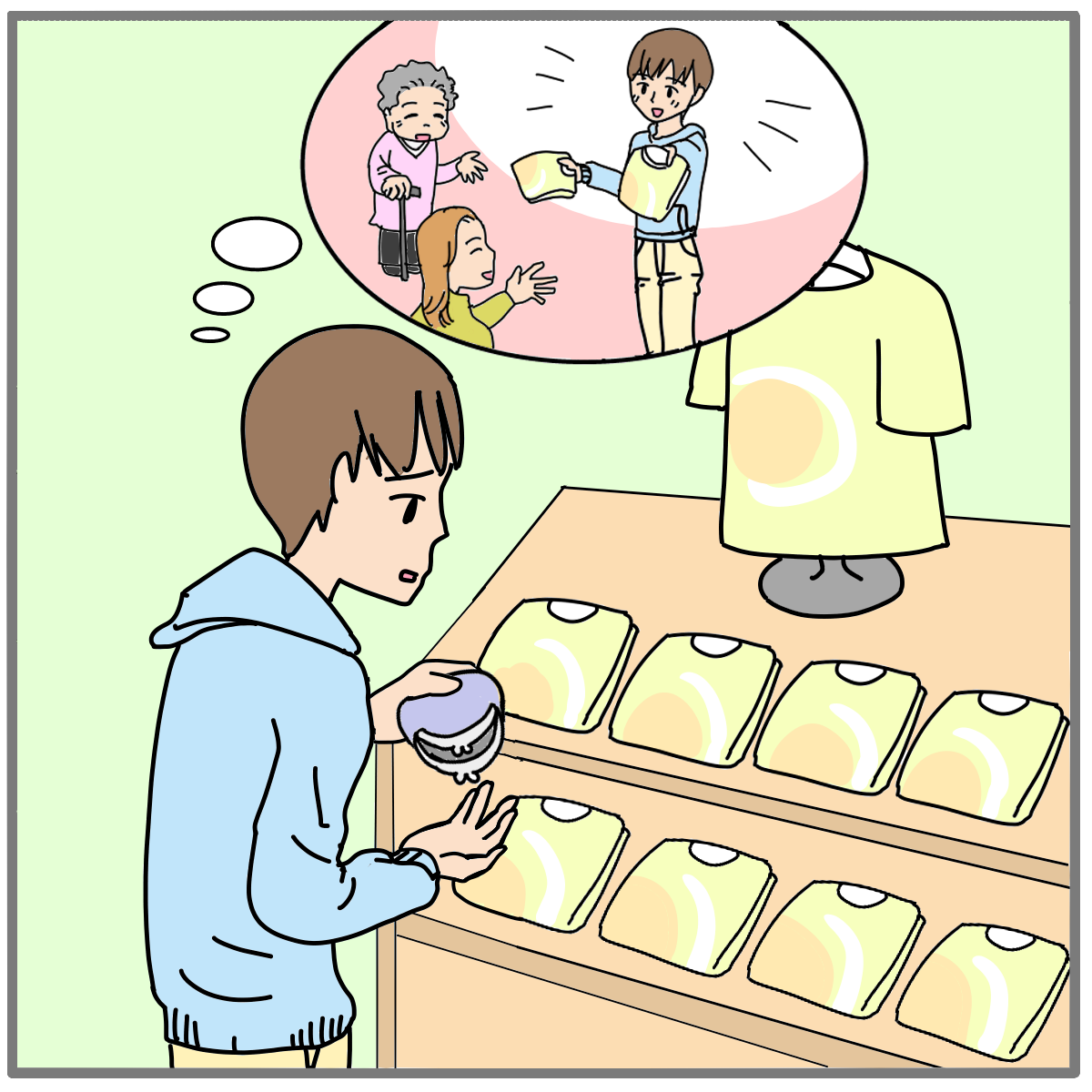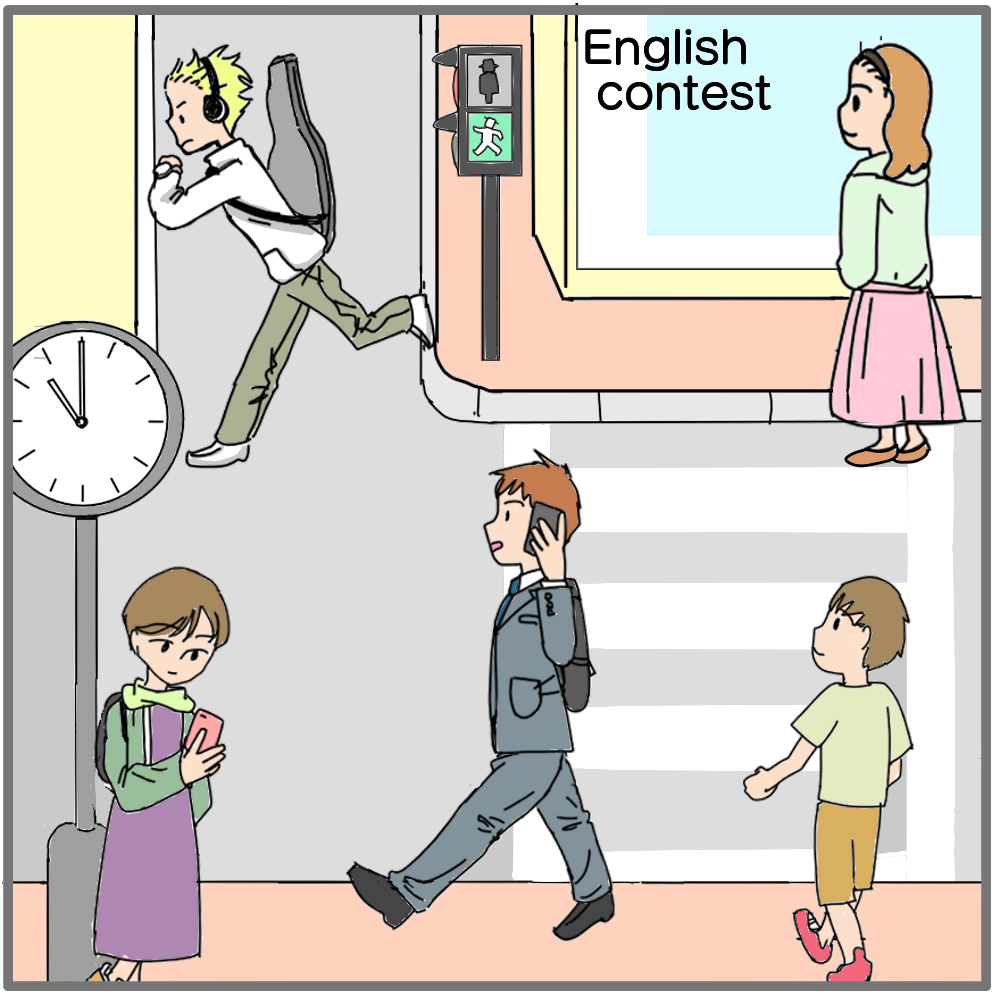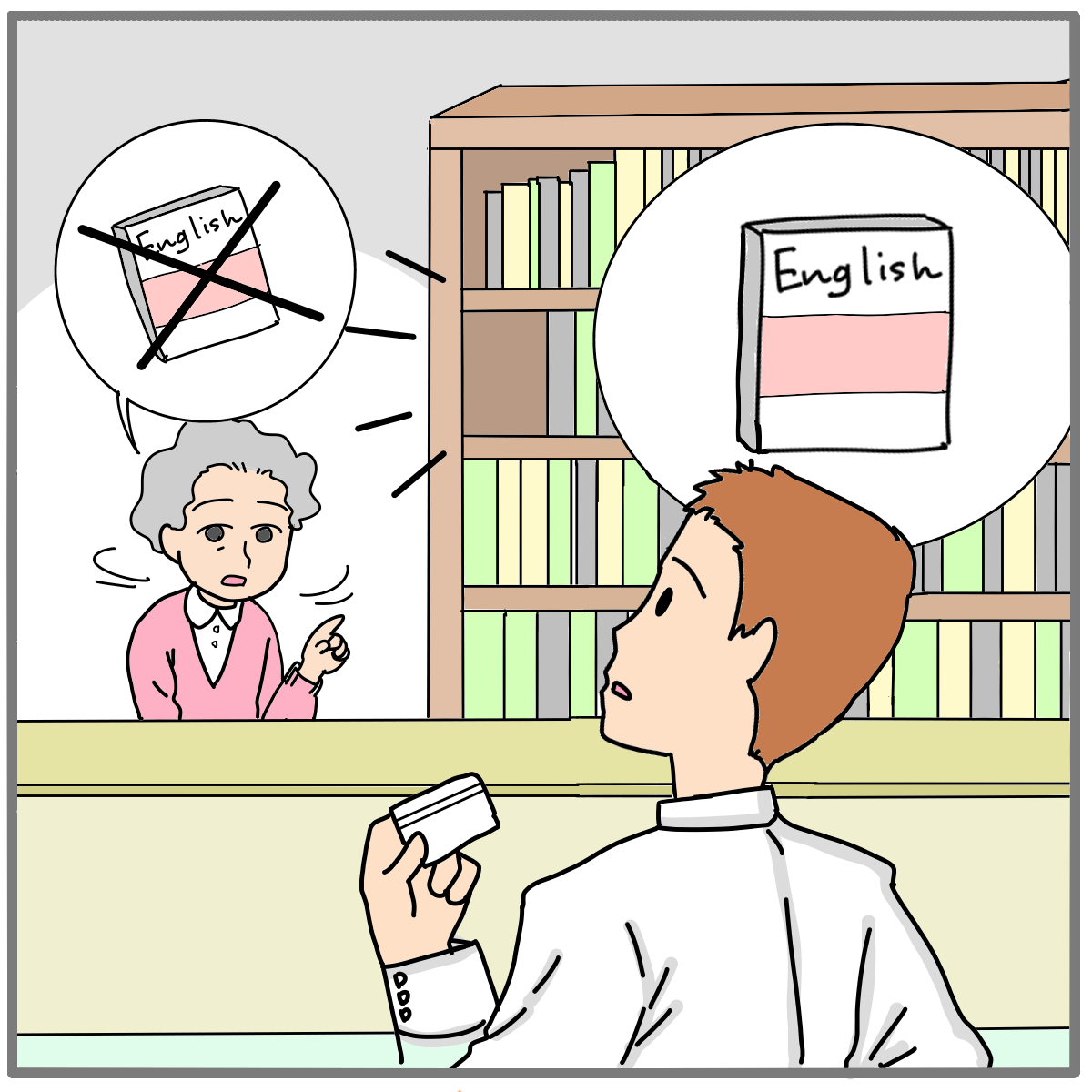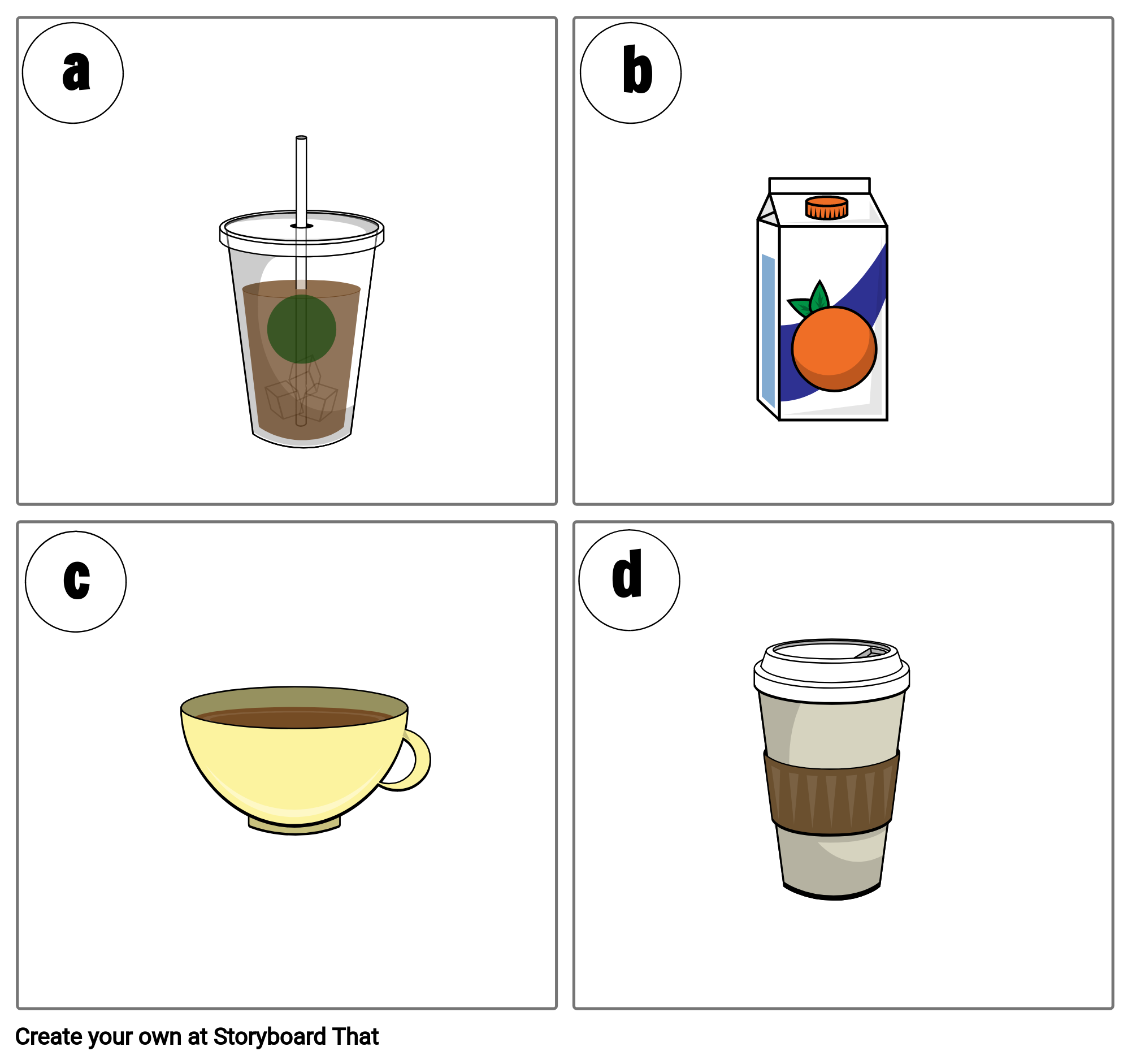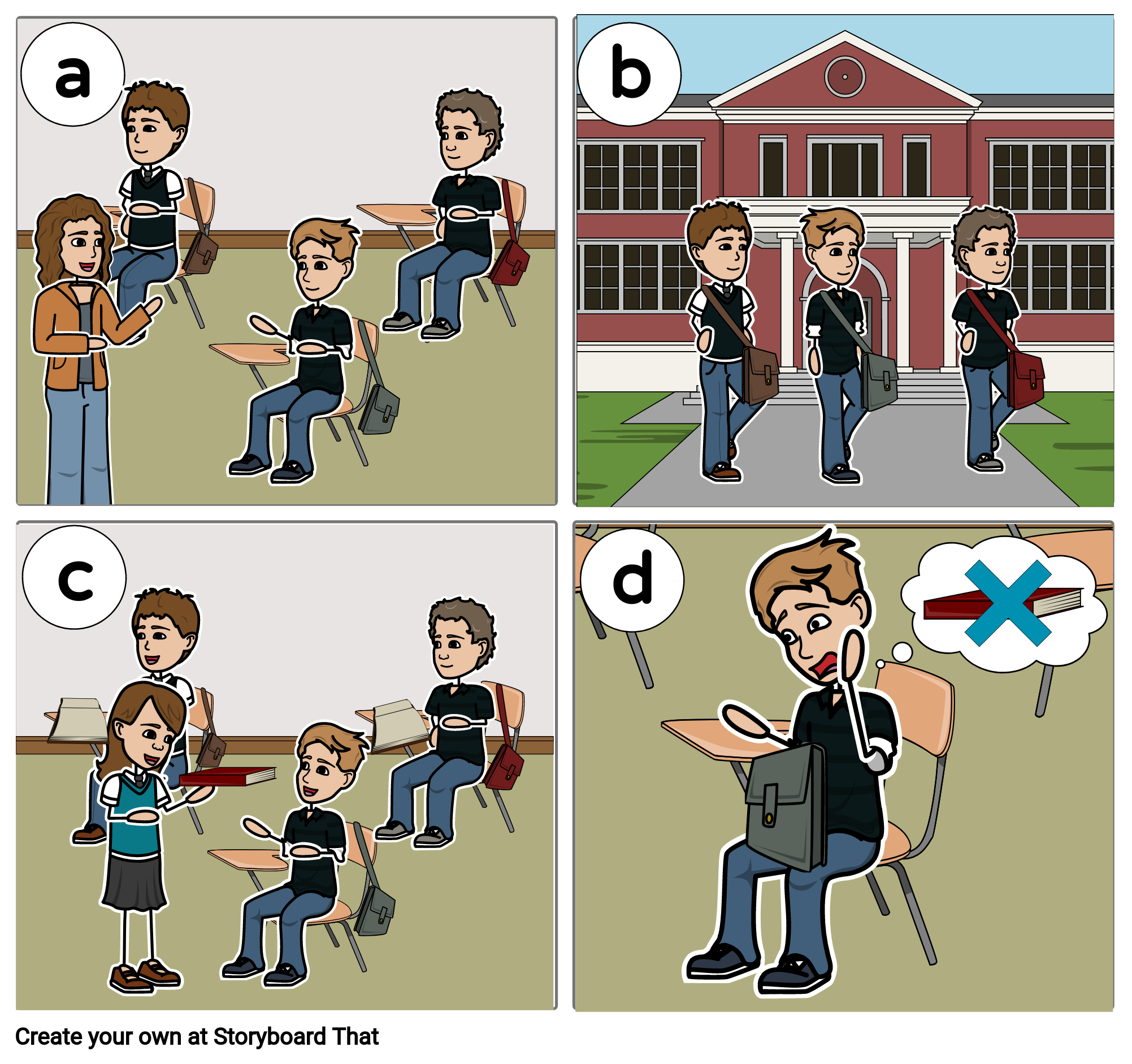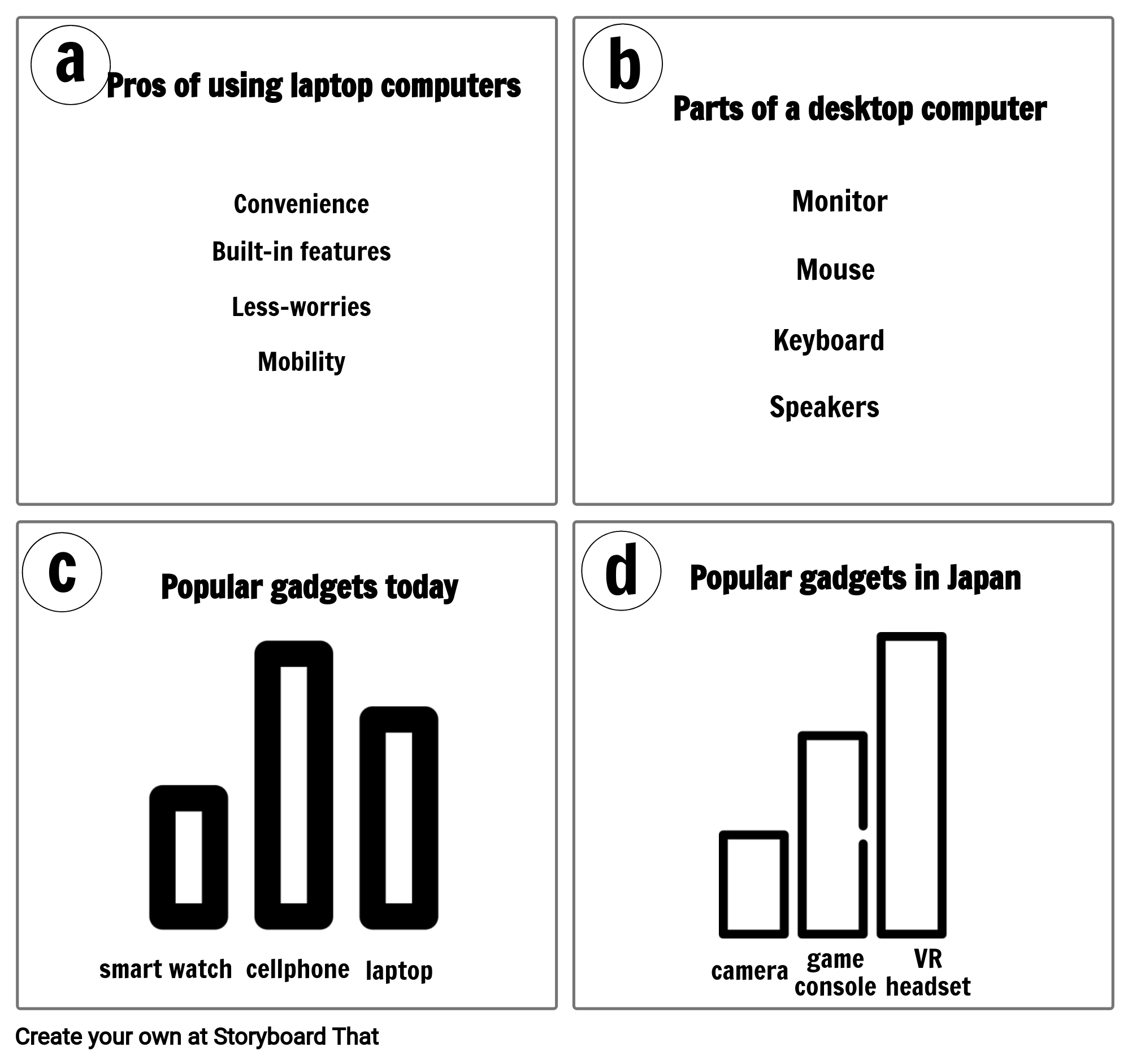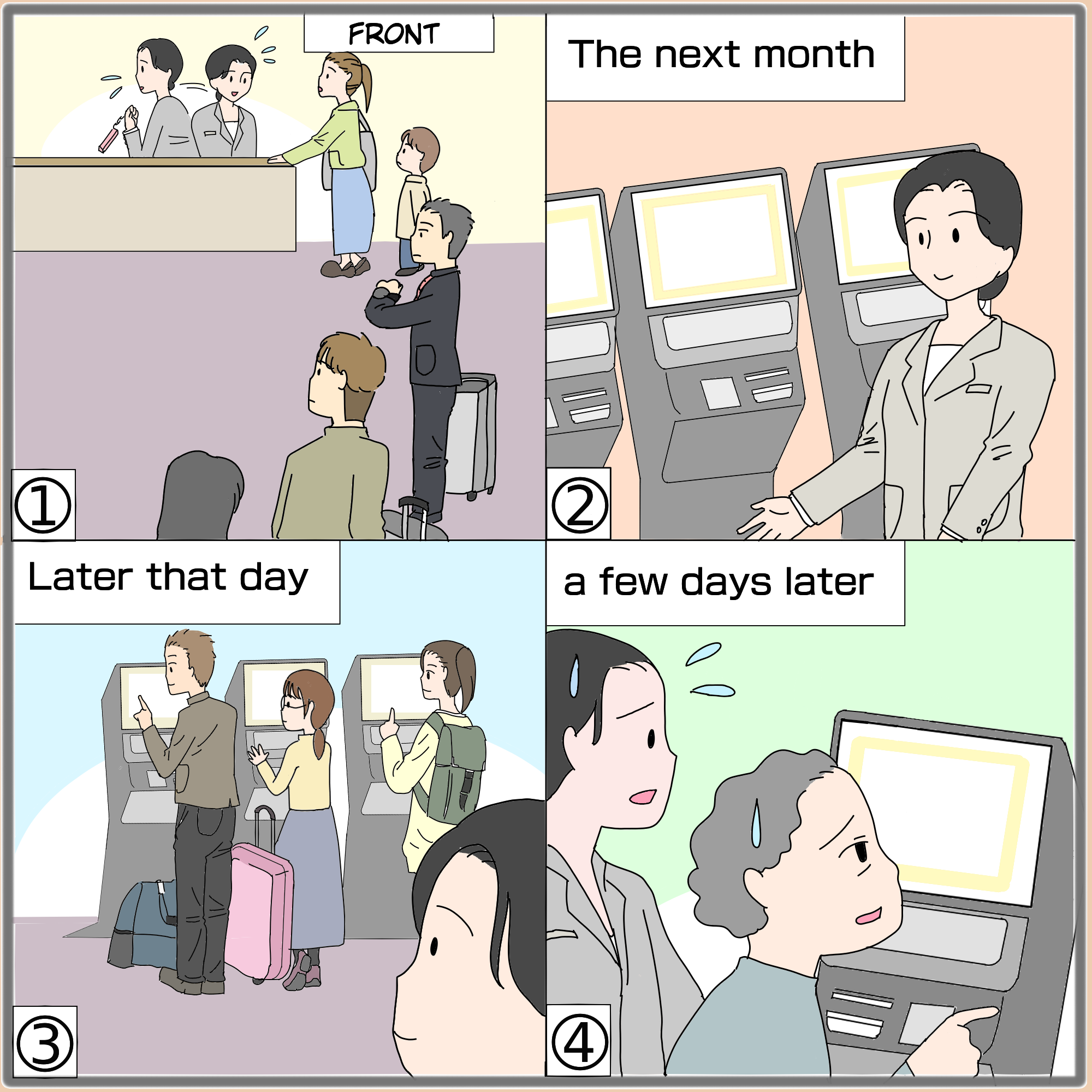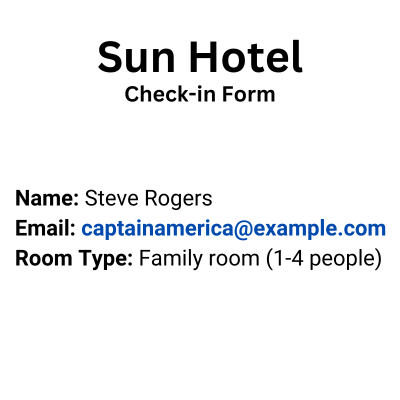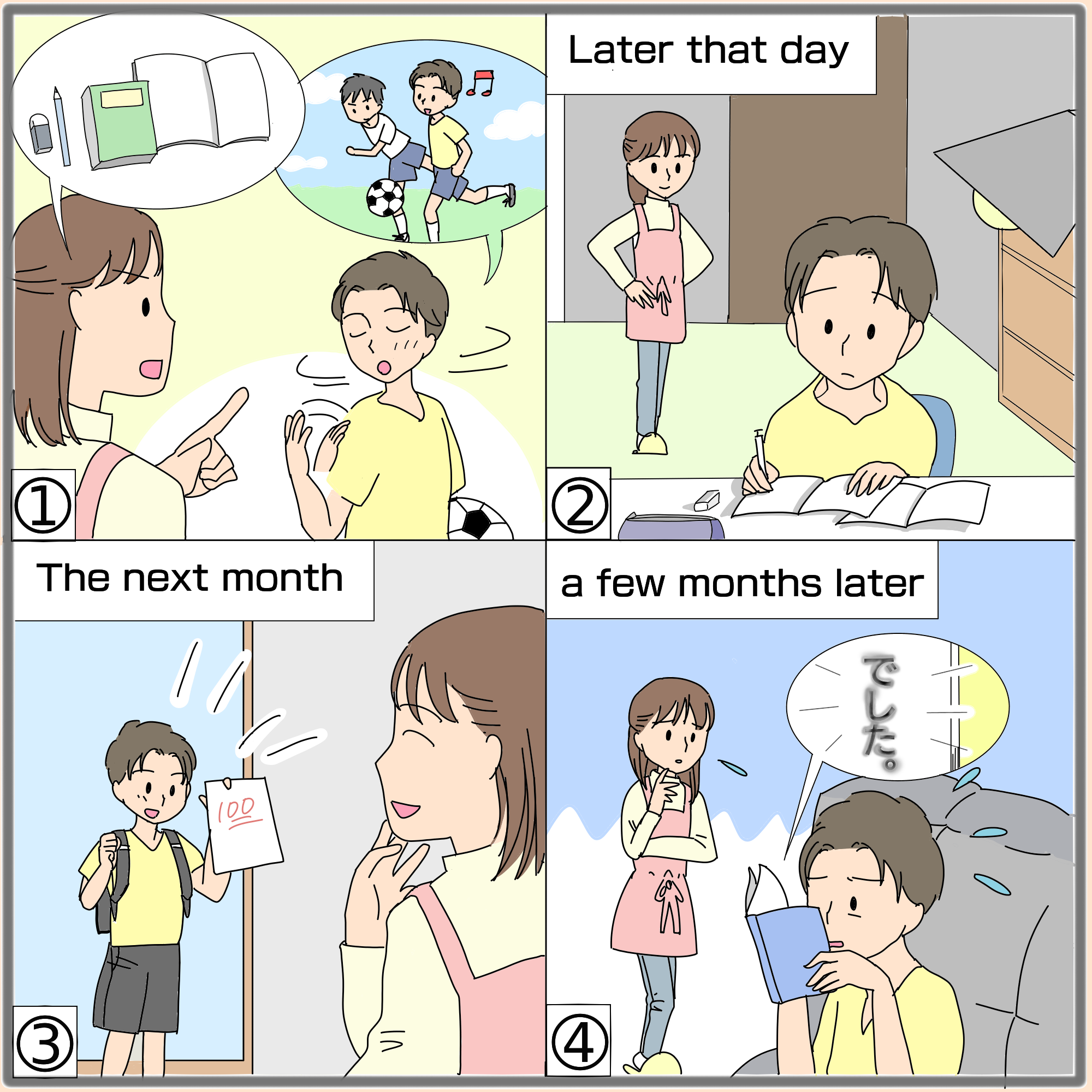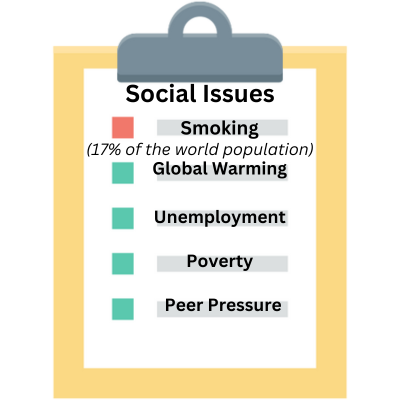PART A_1
You will read the passage silently for 20 seconds. Then, please read the passage aloud, starting from the title.
20秒で文章を黙読します。そのあと、タイトルから音読してください。
(Please send the mispronounced words and expressions to your student.)
PART A_2
Barbecue Parties
A barbecue party is an outdoor party where people can enjoy various grilled foods and dipping sauces. People usually go to these to celebrate occasions like birthdays or even end-of-school-year events. Many people enjoy a simple get-together with family and friends over great food and a light atmosphere, so some people like hosting barbecue parties.
PART A_3
I will ask you a question. Please answer based on the passage. Your answer should start with “Because…”
講師が質問をします。文章をもとに答えてみましょう。 また、答えは Because から始めて下さい。
PART A_4
| Question: | According to the passage, why do people like hosting barbecue parties? | |
| Answer: | Because |
PART A_5
Now, let’s review your answer. Then, please read it aloud.
ではあなたの答えを復習してみましょう。その後、音読しましょう。
(Please review your student’s answers by sending the correct answers in complete sentences. After that, ask your student to read aloud his or her corrected answers.)
PART A_6
PART B_1
Please look at the picture below. Tell me as much as you can about what they are doing. You have 20 seconds to prepare before answering.
下記のイラストを見てください。彼らが何をしているかできるだけ多く教えてください。回答の前に20秒の準備時間があります。
PART B_2

| The man is | . | |
| The woman is | . | |
| The woman is | . | |
| The boy is | . | |
| The woman is | . |
PART B_3
Now, let’s review your answers.
ではあなたの答えを復習してみましょう。
(Please review your student’s answers by sending the correct answers in complete sentences. After that, ask your student to read aloud his or her corrected answers.)
PART B_4
PART B_5
Please look at the picture below. Then, please answer the questions based on the picture.
下記のイラストを見てください。 イラストをもとに質問に答えましょう。
PART B_6
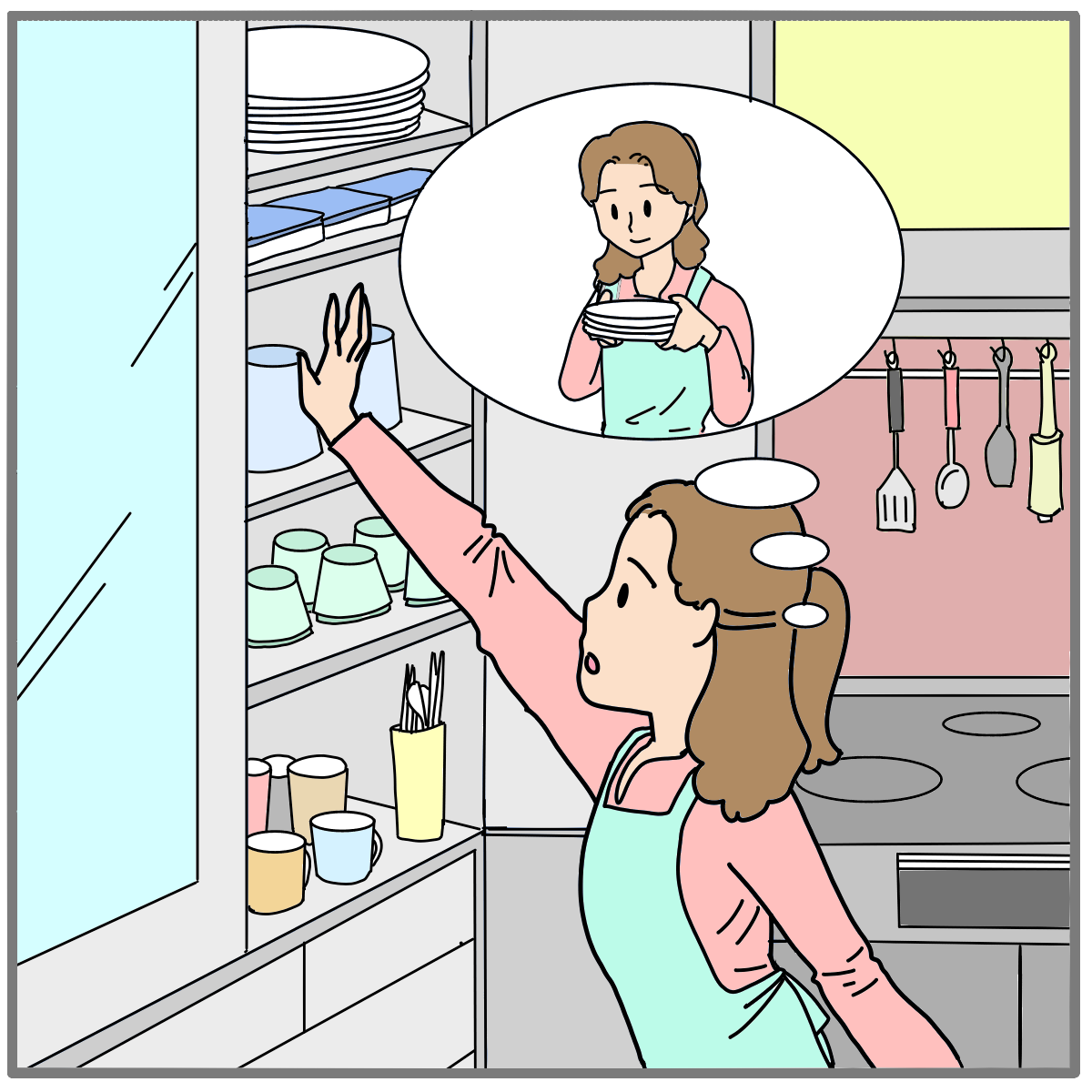
| 1. | What is the woman trying to do? | |
| Answer: | . | |
| 2. | Why could she not do it? | |
| Answer: | . |
PART B_7
Now, let’s review your answer.
ではあなたの答えを復習してみましょう。
(Please review your student’s answers by sending the correct answers in complete sentences. After that, ask your student to read aloud his or her corrected answers.)
PART B_8
PART C_1
Now, I will ask you questions. I will check if your sentences are complete and if the grammar is correct. Please answer the second question in two sentences.
講師が質問をしますので、自分の考えをもとに答えましょう。講師は文法と完全な文章であるかを確認します。 また、質問2は二つの文で答えて下さい。
PART C_2
| 1. | Do you always celebrate your birthday? |
| Answer: | |
| 2. |
If yes, please tell me more. If not, why not? |
| Answer: |
PART C_3
Now, let’s review your answer. After that, please read aloud your corrected answer.
ではあなたの答えを復習してみましょう。その後、修正したあなたの答えを読んでみましょう。
(Please review your student’s answers by sending the correct answers in complete sentences. After that, ask your student to read aloud his or her corrected answers.)
PART C_4
PART D_1
Now, I will ask you questions. I will check if your sentences are complete and if the grammar is correct. Please answer the second question in two sentences.
講師が質問をしますので、自分の考えをもとに答えましょう。講師は文法と完全な文章であるかを確認します。 また、質問2は二つの文で答えて下さい。
PART D_2
| 1. |
Some people say that climate change is the biggest threat mankind is facing today. Do you agree with this? |
| Answer: |
| 2. |
If yes, please tell me more. If not, why not? |
| Answer: |
PART D_3
Now, let’s review your answer. After that, please read aloud your corrected answer.
ではあなたの答えを復習してみましょう。その後、修正したあなたの答えを読んでみましょう。
(Please review your student’s answers by sending the correct answers in complete sentences. After that, ask your student to read aloud his or her corrected answer.)
PART D_4
PART E_1
You will answer the questions based on the data below.
I will check if your sentences are complete and if the grammar is correct.
I will check if your sentences are complete and if the grammar is correct.
以下の情報をもとに、質問にこたえましょう。
PART E_2
You are invited to your friends’ outdoor barbecue party. Look at the invitation and answer the questions.
あなたの友人の屋外のバーベキューパーティーに招待されています。招待状を見て、質問に答えましょう。
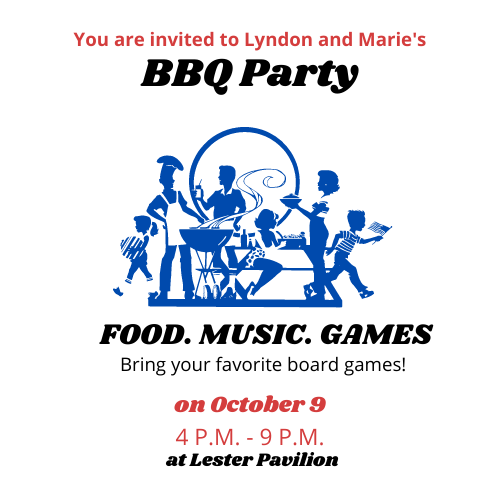
| 1. | Who are the hosts of the party? |
| Answer: | |
| 2. | Where is the party going to take place? |
| Answer: |
PART E_3
Now, let’s review your answers. After that, please read aloud your corrected answers.
ではあなたの答えを復習してみましょう。その後、修正したあなたの答えを読んでみましょう。
(Please review your student’s answers by sending the correct answers in complete sentences. After that, ask your student to read aloud his or her corrected answers.)
PART E_4
REVIEW AND FEEDBACK
Now, let us review the things that you learned in this lesson.
ではこのレッスンで学んだことを振り返りましょう。
(Please give a short feedback on how your student did in your class.)
| Grammar 文法 |
Pronunciation 発音 | Vocabulary 単語 |
Comprehension 理解 |
|
|---|---|---|---|---|
 GOOD GOOD |
文法の誤りはほとんどなく、完全な文章で話すことができる | ほとんどの単語をはっきりと正しく発音することができる | 習った表現を適切に使うことができる | 文章を理解し、質問に正しく答えることができる |
 FAIR |
文法の誤りはあるが、完全な文章で話すことができる | 発音の練習が必要な言葉がいくつかある | たまにミスはあるが、習った表現を適切に使うことができる | 文章を完全に理解するのは難しく、質問に正しく答えられないときもある |
 POOR |
文章で話すのは難しく、単語だけで話すことができる | 発音の練習が必要である | 習った単語と表現を少しだけ使うことができる | 文章を理解するのは難しく、質問に答えるのは難しい |


